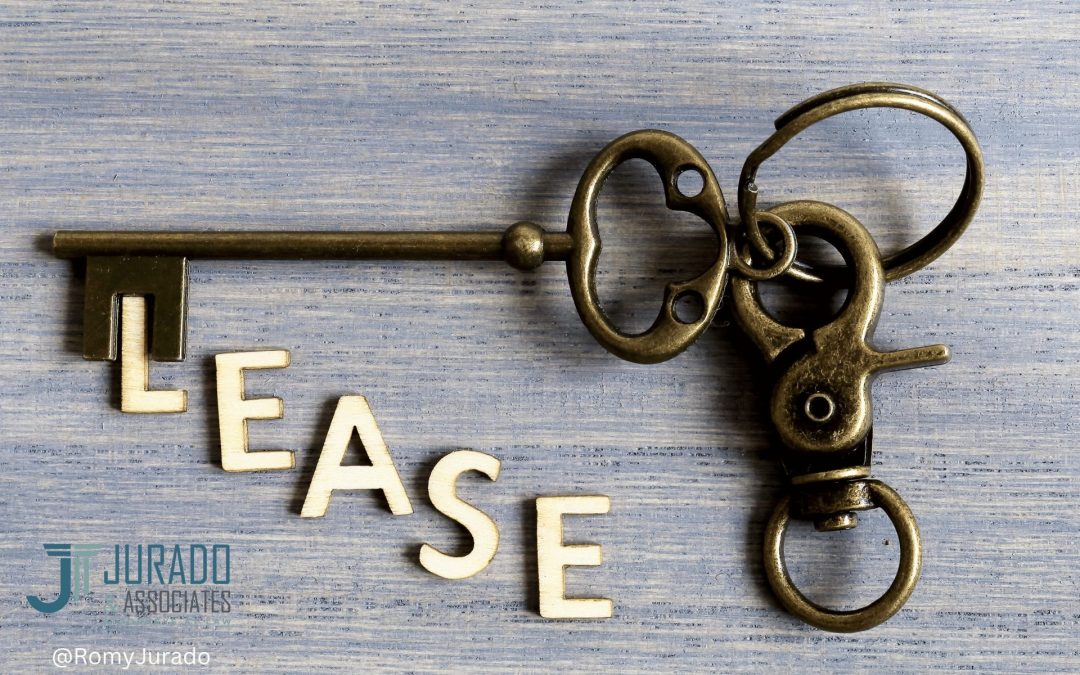Whether a company is starting from scratch or moving to new premises, it is not possible to operate a business without a commercial space. Many Florida companies own commercial property to operate, but most business owners depend on leased premises.
In this article, you will discover the essentials of short-term commercial leases in Florida.
What is a Short-Term Commercial Lease? – Understanding the Concept
When a business decides to lease a commercial property, the timeframe involved in the agreement is generally longer than standard residential leases.
The term of a lease refers to the period where the premises will be leased and the tenant (lessee) will occupy and use the property upon the payment of an agreed-upon amount of rent. It is fundamental to understand that “short-term” does not have the same meaning for residential and commercial leases.
It is not hard to find residential leases lasting less than one year. Depending on the circumstances, a lease can be renewed month-by-month based on the payment of rent. When it comes to commercial properties, the length of a lease can be divided into three categories:
- Short term
- Medium-term
- Long term
A short-term lease of commercial property generally lasts one to three years. Medium-term commercial leases tend to last between five and eight years, while long-term leases often last more than a decade.
Please note that the definition of a lease length depends on the local market. In Florida, short-term leases generally last three years or less. One-year leases are not used as a standard for commercial properties, which makes the negotiation and closing of commercial leases exponentially more complex.
Preparing a Commercial Lease Agreement in Florida – Attention to Detail
The first difference between residential and commercial leases is the volume of paperwork involved. Florida residential lease agreements usually have five to eight pages focused on covering each party’s basic duties.
Conversely, commercial lease agreements tend to be long documents with over 40 pages, providing a thorough description of each party’s legal responsibilities, the conditions of the lease, warranties, and more in-depth information.
Whether you are the landlord or tenant in a commercial lease, it is vital to proceed with an in-depth review of the terms and conditions of the agreement before signing the document.
In most commercial lease agreements, the term of the lease refers to the tenant’s period of stay plus a renewal right. When negotiating a short-term commercial lease, both parties must consider several factors, such as:
- Whether the tenant’s business model is viable for the leased premises
- The tenant’s potential to renew the lease agreement
- Whether the premises are ready to be occupied and used (e.g., remodeling, repairs, improvements, etc.)
- Whether the tenant can handle the rent fluctuation in the future
Additionally, there is a direct impact of the lease term on the amount of rent. Commercial tenants must not look at the cost for the first month but anticipate the amount necessary two or three years from now.
The agreement must have clear language outlining the party responsible for the operating expenses in the first year, including taxes, insurance, and utilities.
Florida Short Term Commercial Lease – Immediately Seek Expert Legal Guidance
Waste no time with uncertainty. Contact Attorney Romy B. Jurado today by calling (305) 921-0976 or emailing [email protected] to find the best commercial lease strategy for your case.





